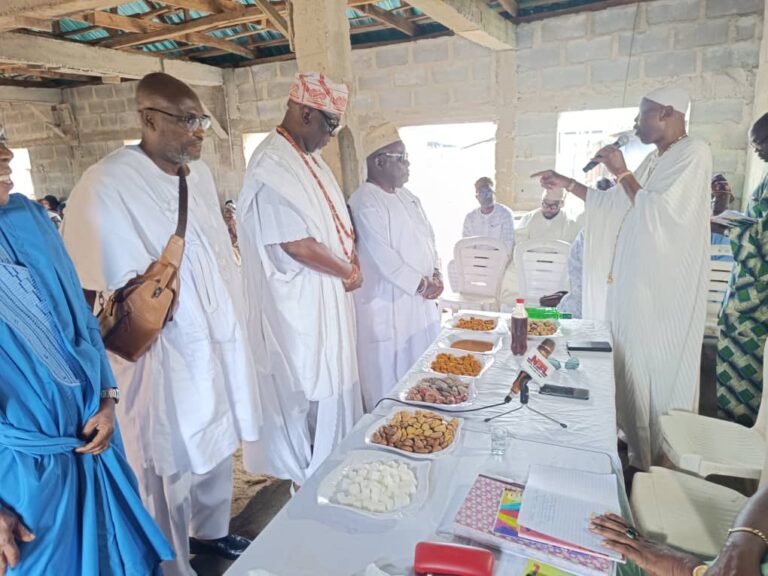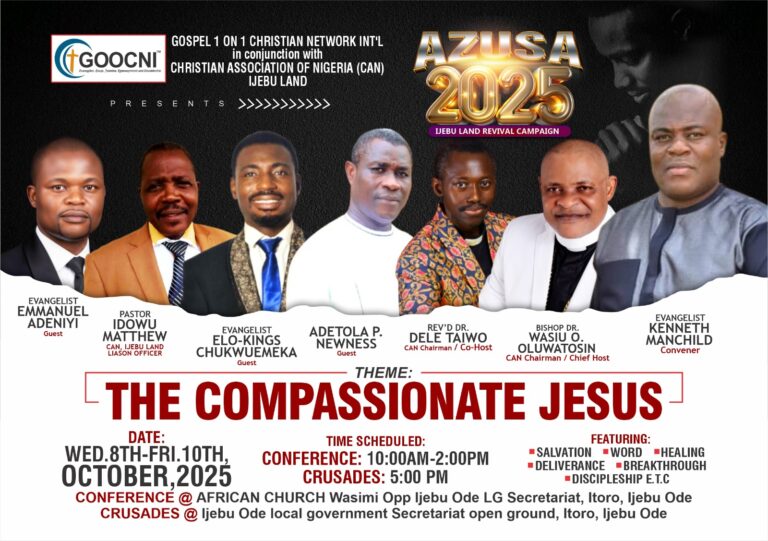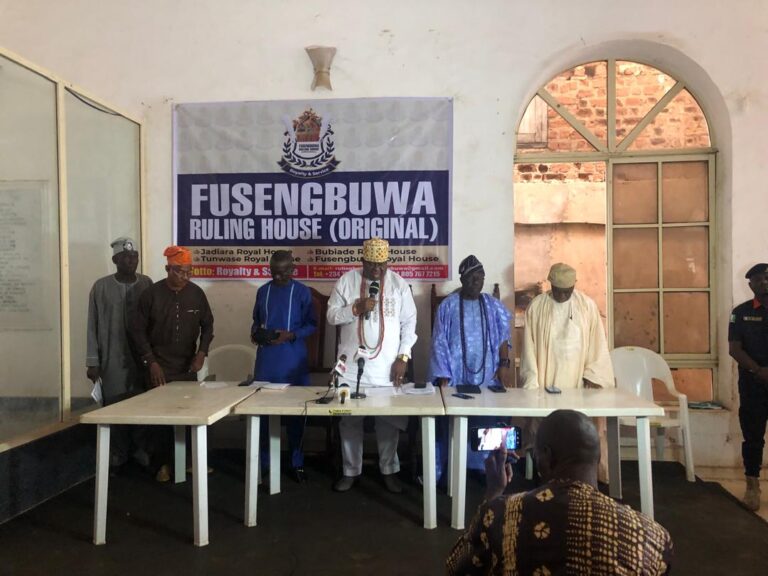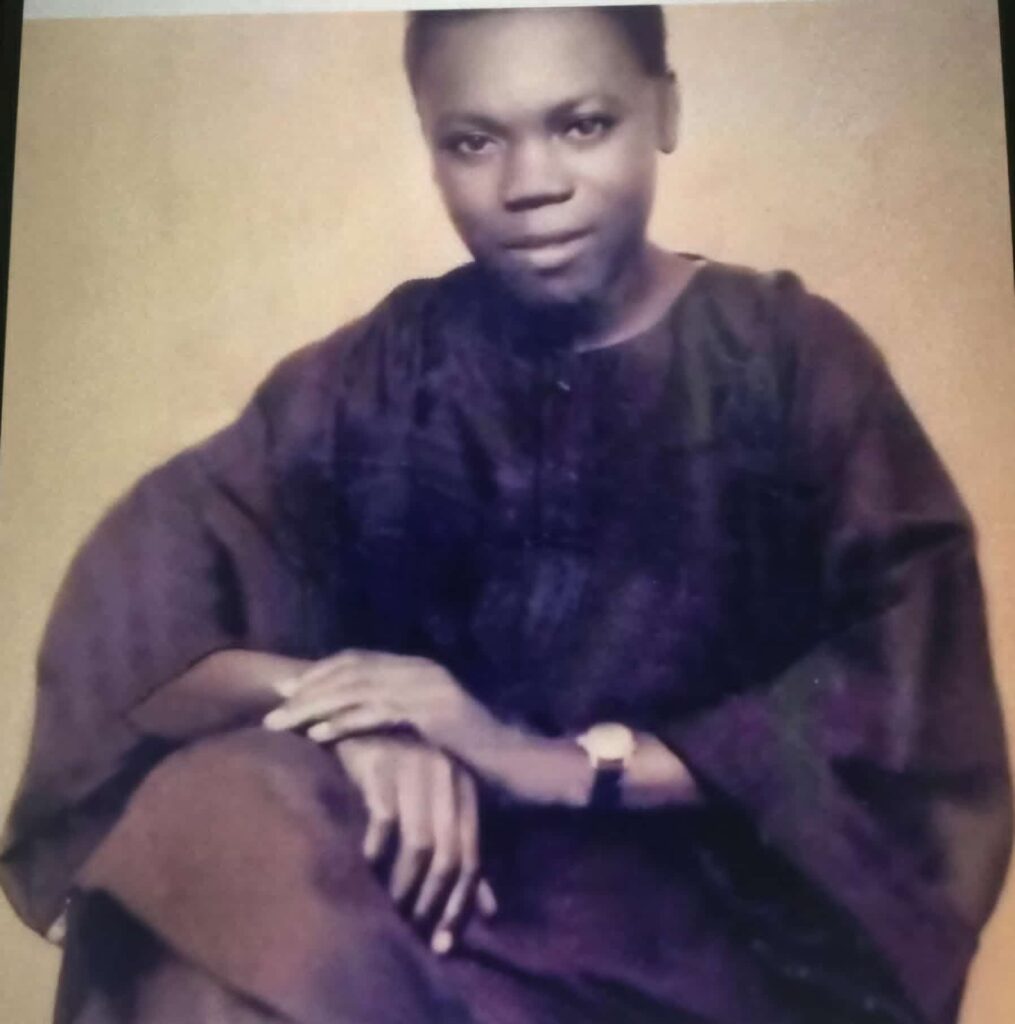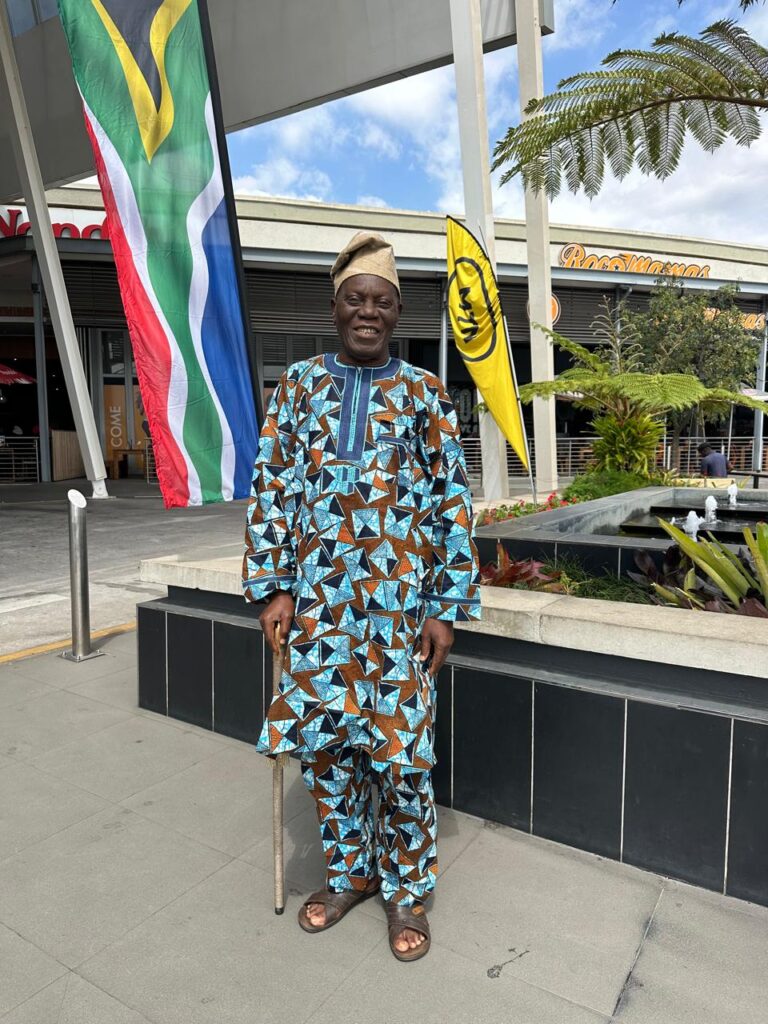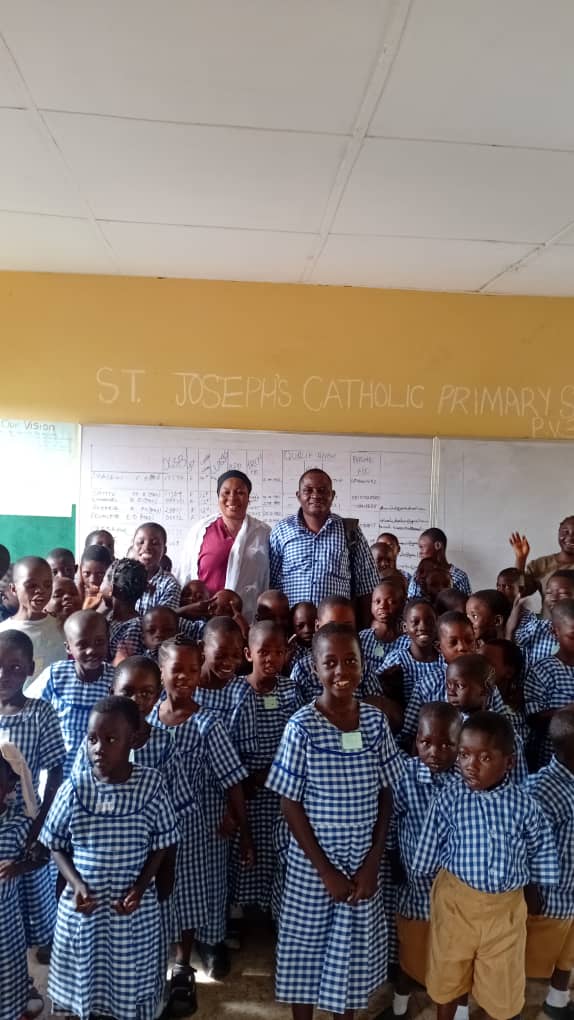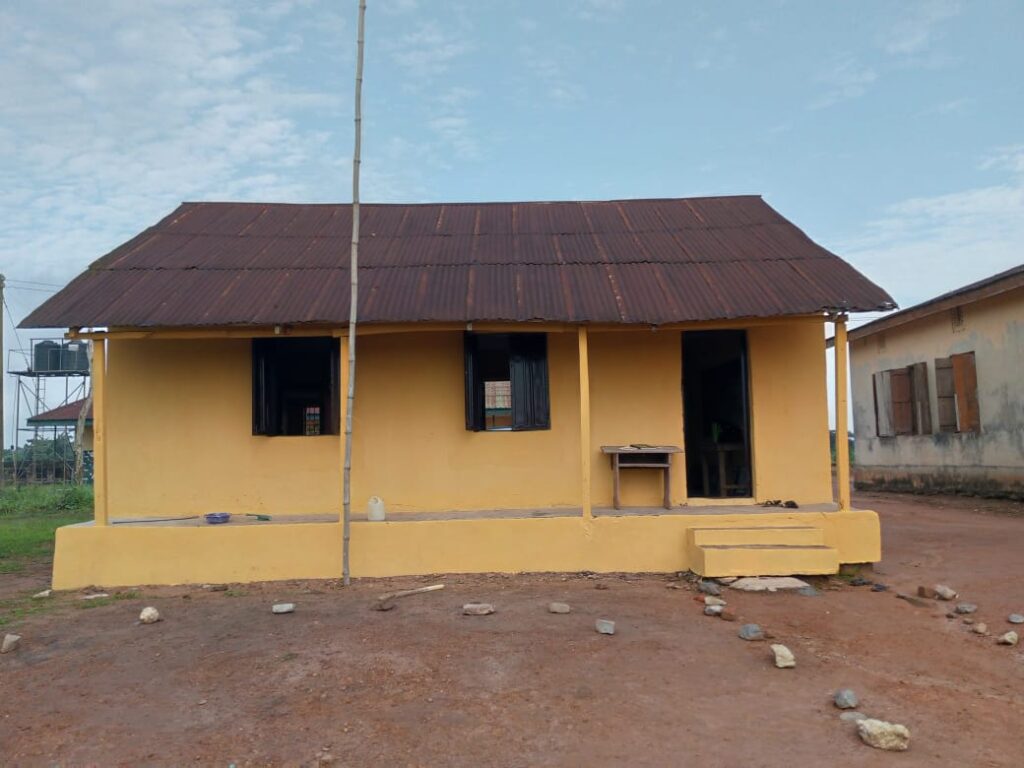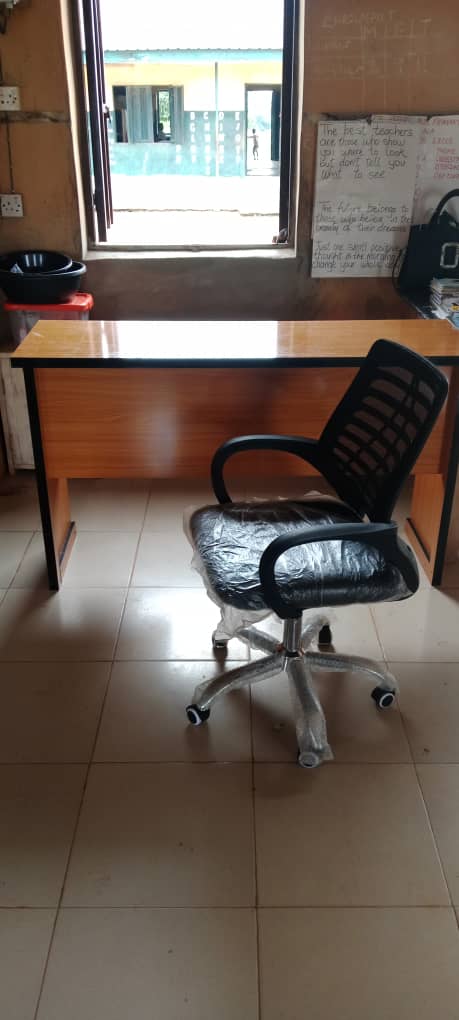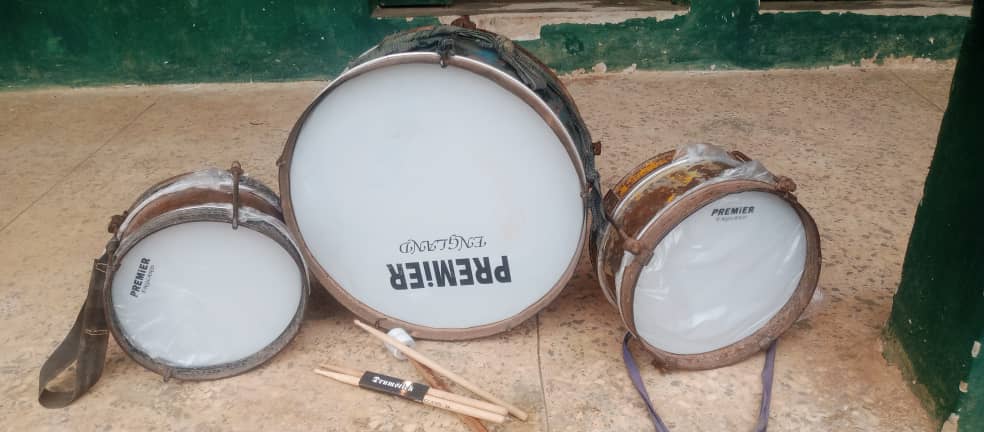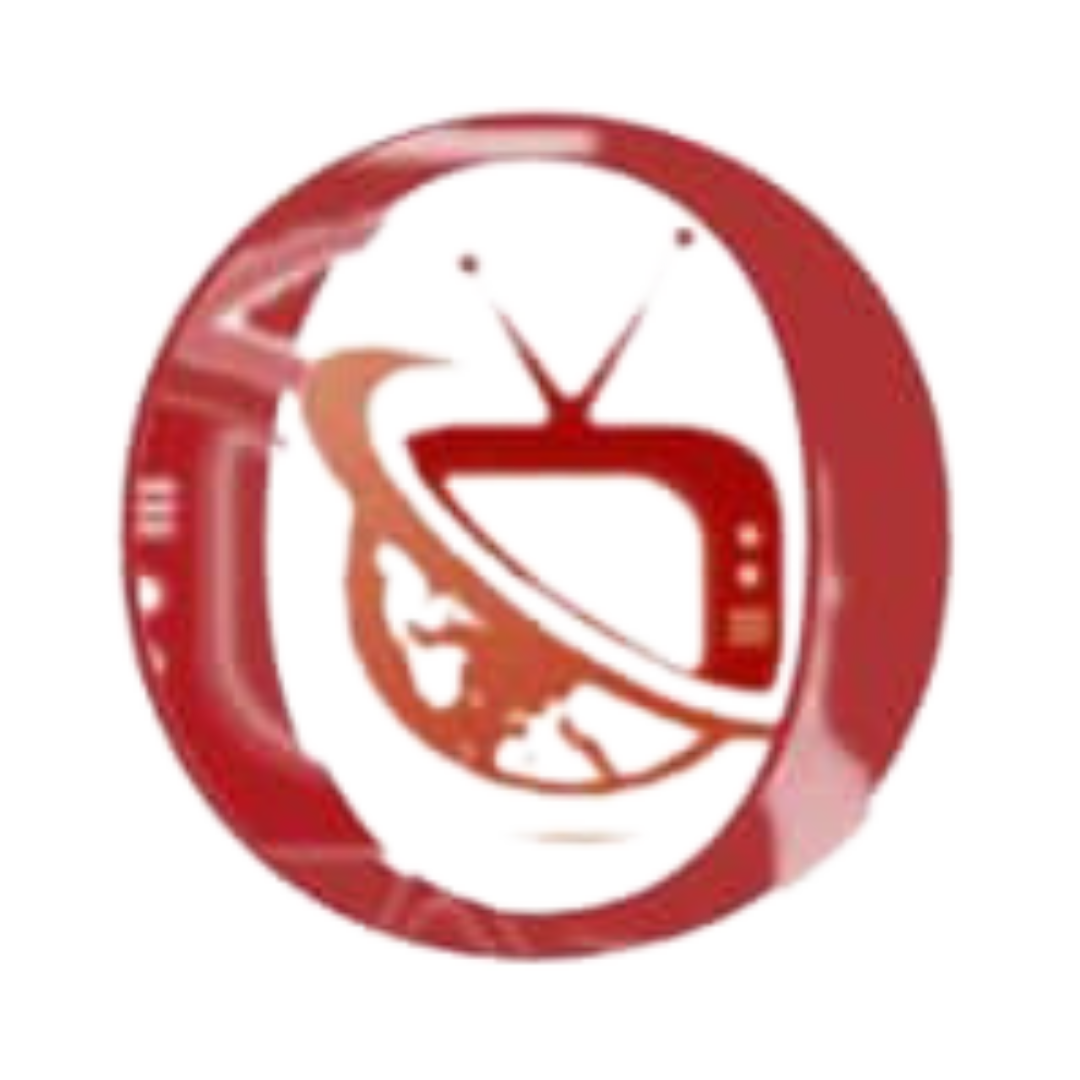Migration and travel consultant, Dr Douglas Kendyson, popularly known as Waka Waka Doctor, has cautioned Nigerians against selling their properties or making hasty decisions in their bid to relocate abroad, popularly called Japa.
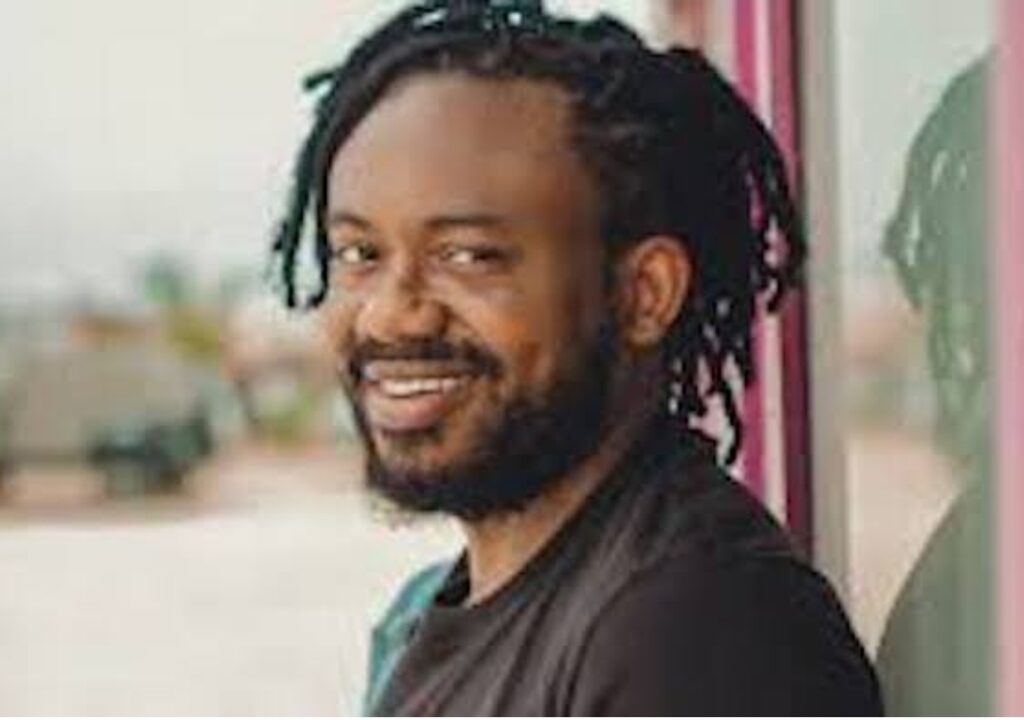
Speaking on Channels Television’s “Rubbin’ Minds” on Sunday, the medical doctor-turned-travel advisor shared insights from his personal experience, warning that desperation often makes people fall victim to fake travel agents and scams.
“You do not sell your properties with the hope of going somewhere that you’ve never been to,” he said. “You cannot sell your car, you cannot sell your houses, you cannot quit your job with the hope of moving somewhere else and hoping that you will find gold. It is not a bed of roses.”
Waka Waka Doctor noted that many Nigerians are drawn to the illusion of greener pastures without understanding that no country is perfect.
“We’re telling people that it’s going to be greener on the other side and you should make an attempt to leave your comfort zone and move to somewhere that is currently better than where you are,” he said.
“But there is nowhere in the world that has a perfect system. If you think that you’re going to come to a country and everything will be perfect, my dear, you’re in for a jolly good ride.”
He emphasised the importance of having a structured relocation plan.
“You need to plan,” he said. “Ask yourself a couple of questions: Why do you want to move? Where do you want to move? How do you want to move? When do you want to move? There needs to be planning with regard to executing your move.”
Waka Waka Doctor also advised families not to move all at once, saying that one person should go ahead first to make arrangements.
“Imagine if all of you move and then what you see is different from what you’re used to—you’re caught flat-footed, and it’s difficult to catch your balance,” he said.
“But if one person goes, makes the arrangement, looks for accommodation, schools, and the best places to live, it makes adjustment easier.”
Waka Waka Doctor, who began his migration journey in 2014 after leaving Nigeria for the Middle East, said his initial move was driven by poor working conditions and low pay as a medical doctor.
“I never intended to leave Nigeria. I was severely underpaid and overworked,” he said. “I found a job opportunity in the Middle East and realised it was possible to live abroad and earn better than I did back home.”
Highlighting common signs of fraudulent migration schemes, he warned prospective migrants to be wary of “agents who sell fantasies rather than realities.”
“When someone promises you guarantees that they can assure you of a visa, a job, or admission, that’s a red flag,” he said. “If they have no registration or license, that’s a red flag. If they ask you to pay into personal accounts or rush you to make payments, that’s a red flag.”
He added that verifiable information about travel, visas, and work opportunities is available on official government websites and urged Nigerians to “take responsibility and do their own research.”
You have to make research an attitude. Don’t rely on your favourite influencer in Nigeria who says they can help you move abroad when they have never lived or worked abroad,” he cautioned.
Waka Waka Doctor also warned against migrating to unsafe or economically unstable countries.
“When you hear countries like Albania, Kazakhstan, or any country ending with ‘-stan’, please run,” he said. “Even places like Cyprus, once you hear ‘Cy’, don’t even finish it, just run.”
He explained that while there are legitimate opportunities abroad, Nigerians must ensure they are moving to places that offer real prospects for safety, economic stability, and quality of life.
Waka Waka Doctor ended the interview with a pointed message to Nigerian and African leaders, urging them to fix domestic problems that push citizens to seek opportunities elsewhere.
“Stop practices that only benefit your stomach and greed,” he said. “You cannot be a politician in a country where things don’t work, your family lives abroad, you use foreign passports, but there are no roads, no hospitals… people are paid poorly, teachers earn ₦20,000 or ₦30,000.”
He added that if basic infrastructure, fair wages, and good governance were in place, “nobody would want to leave.”
The migration expert continues to use his platform to educate Nigerians on safer, verified pathways to study, work, and live abroad, while reminding them that planning, patience, and prudence are the real keys to a successful Japa journey.




